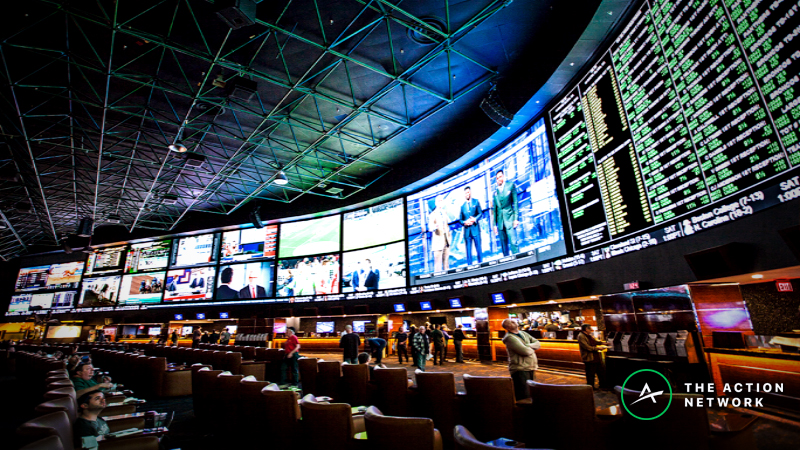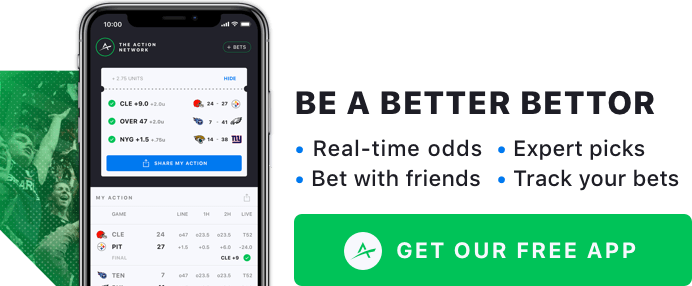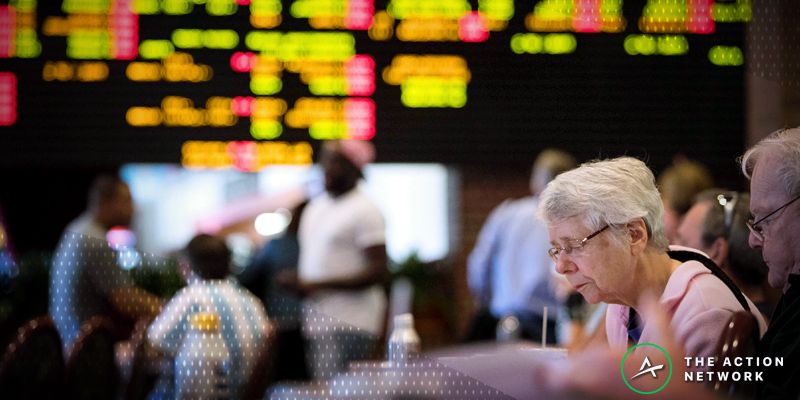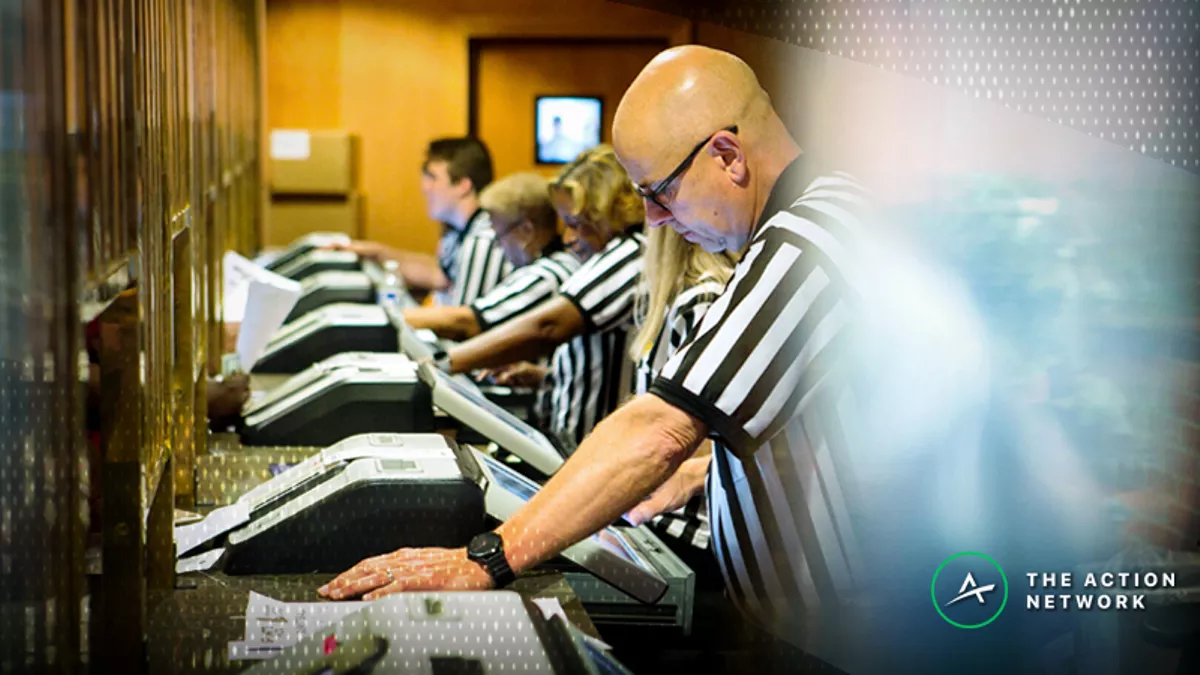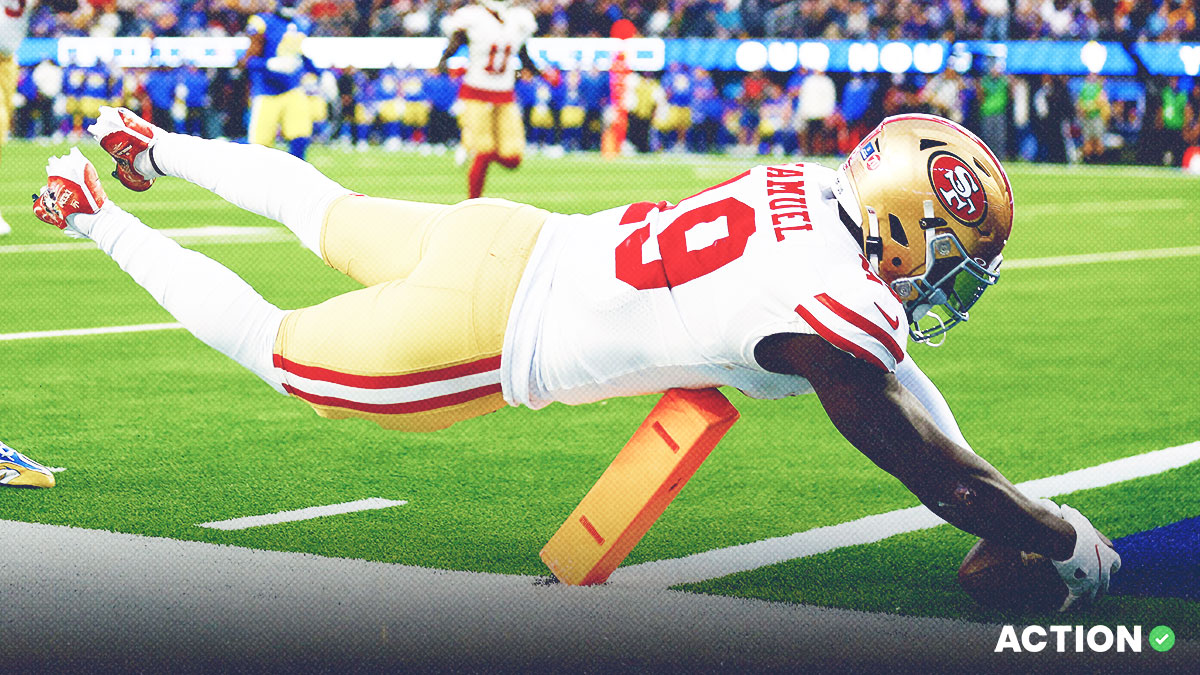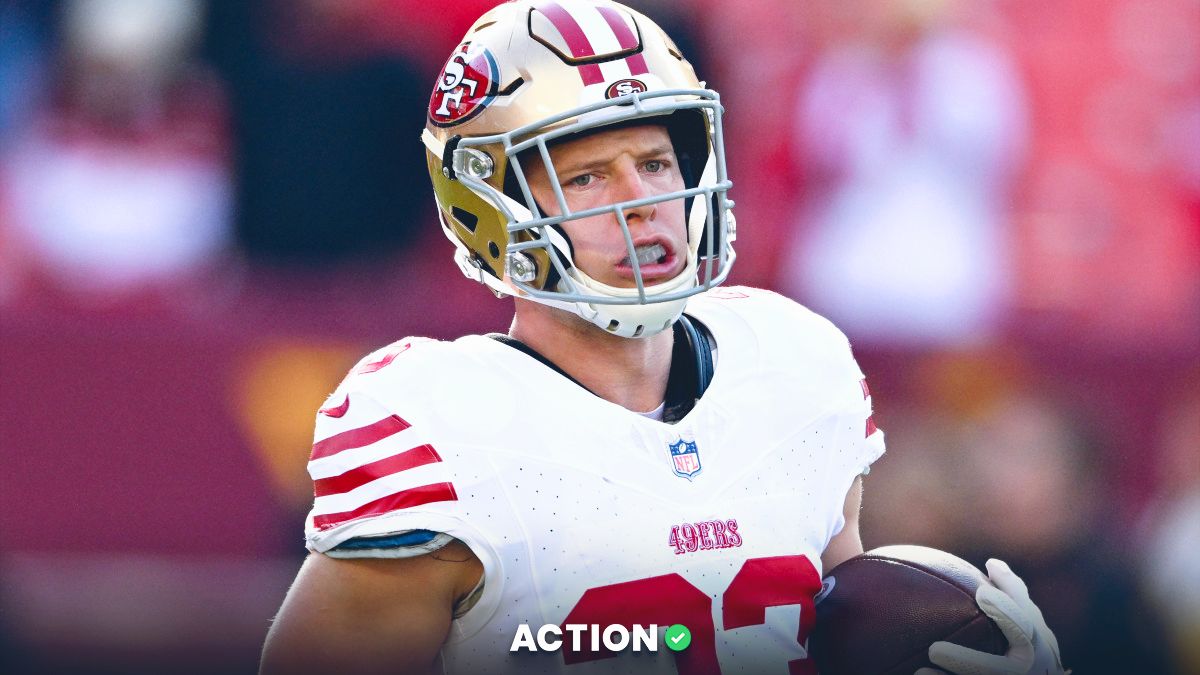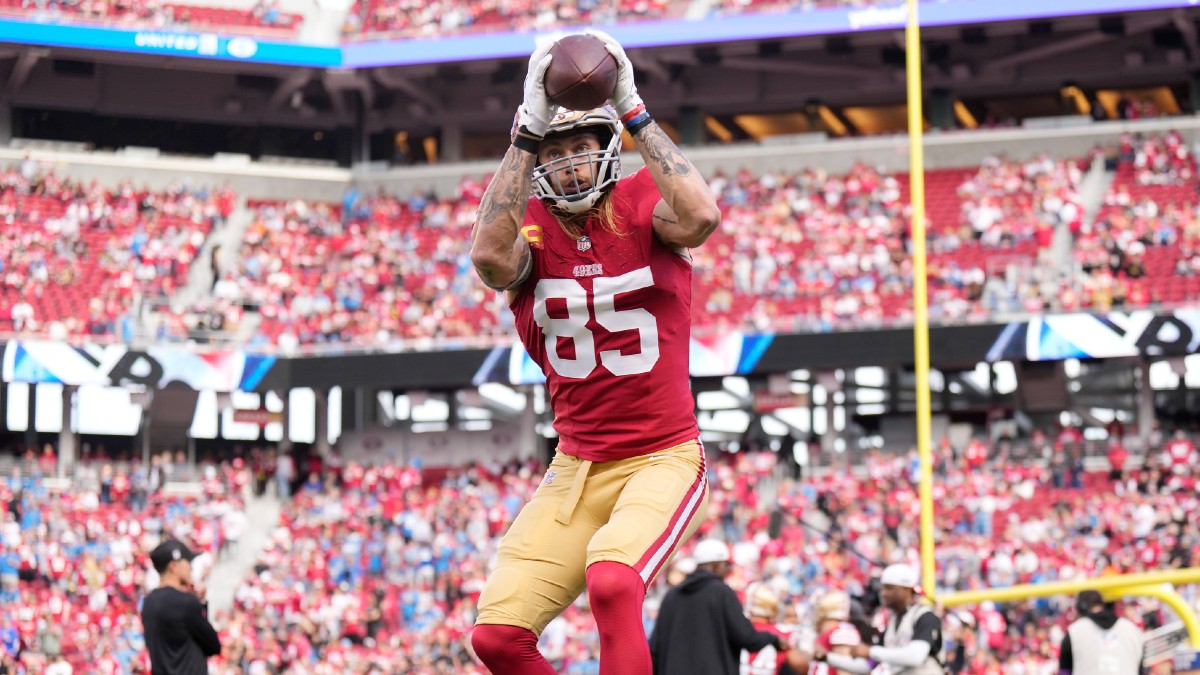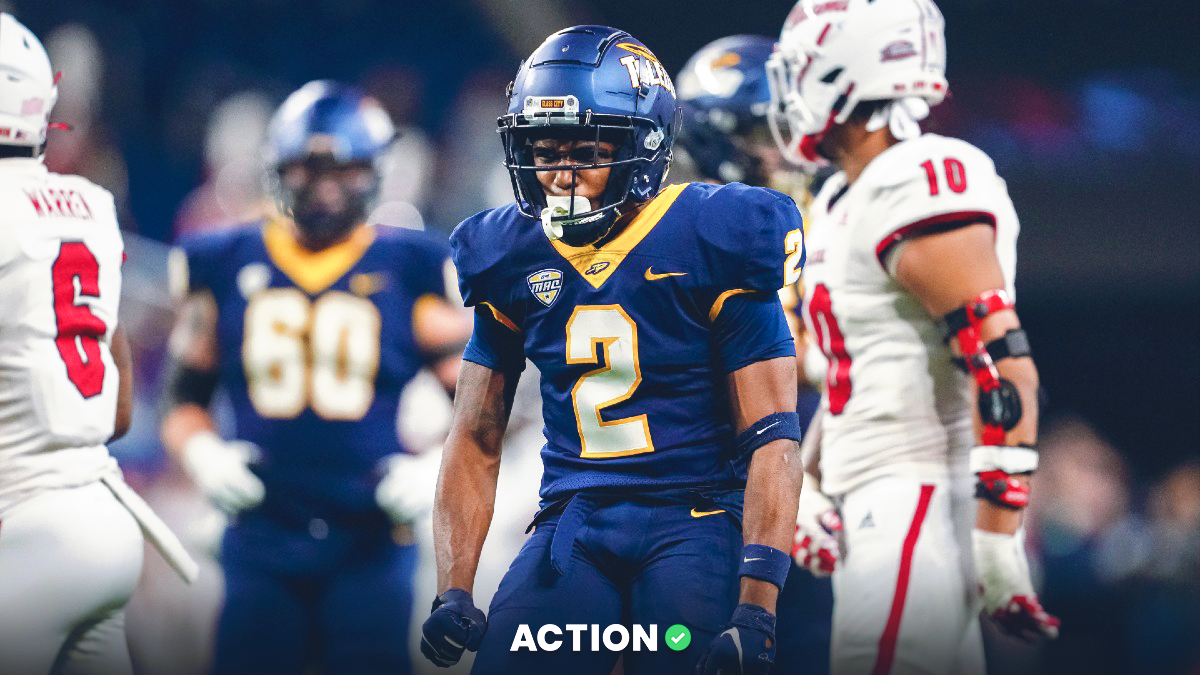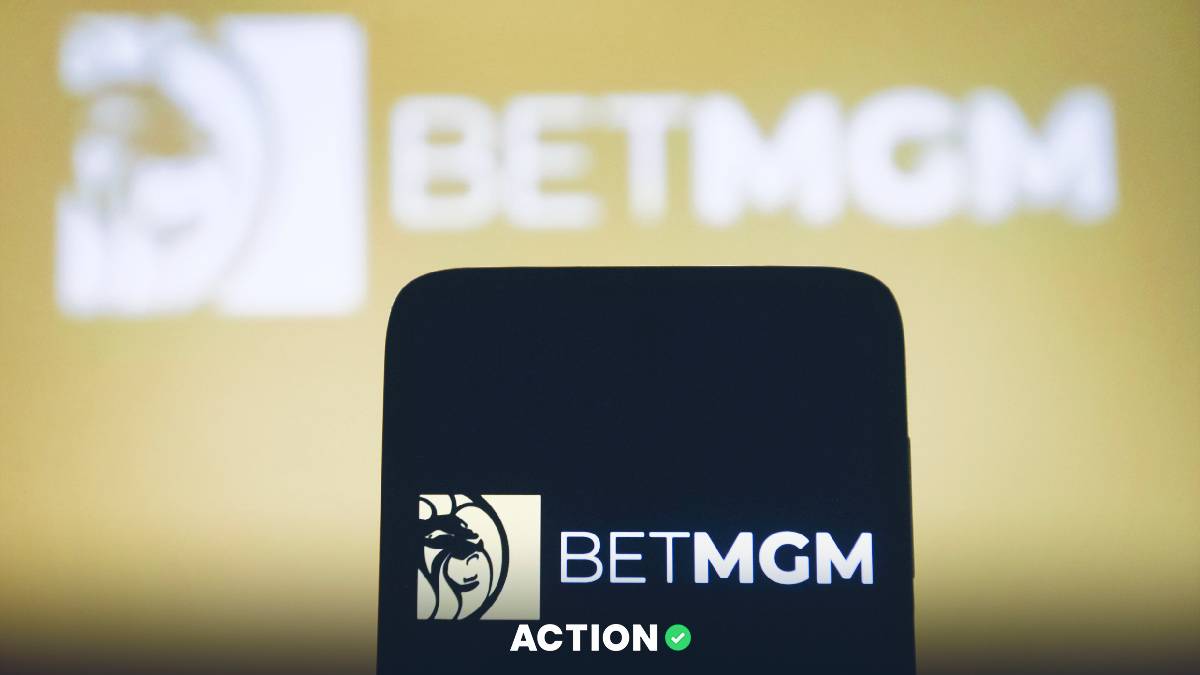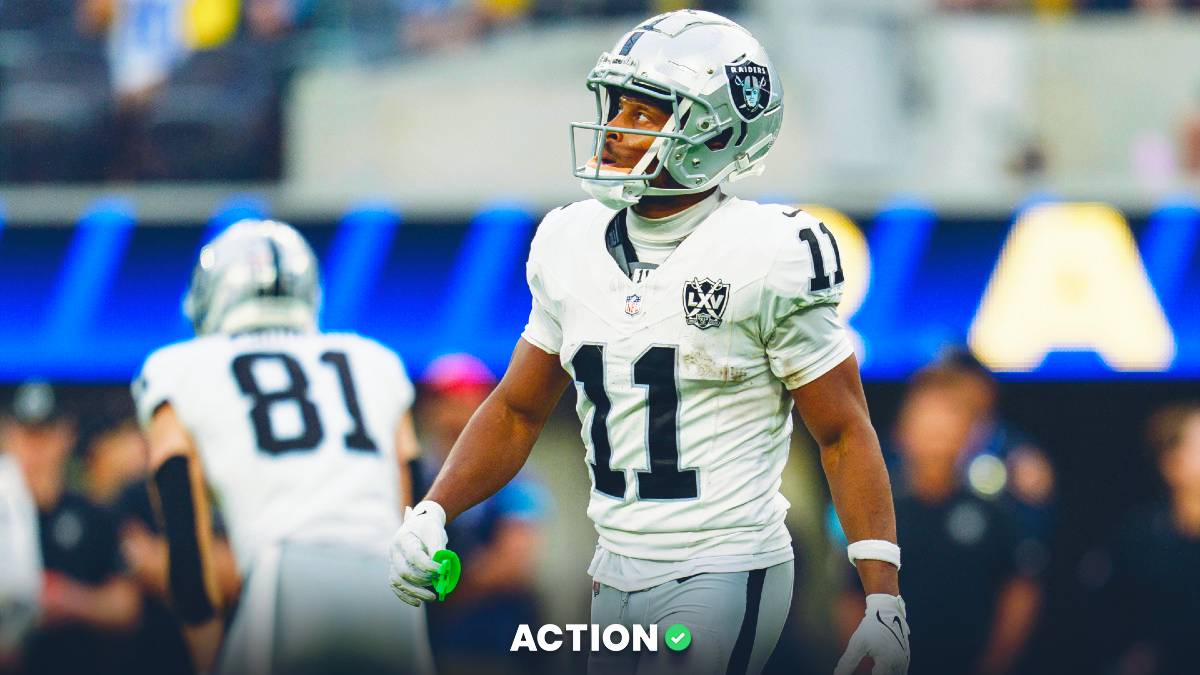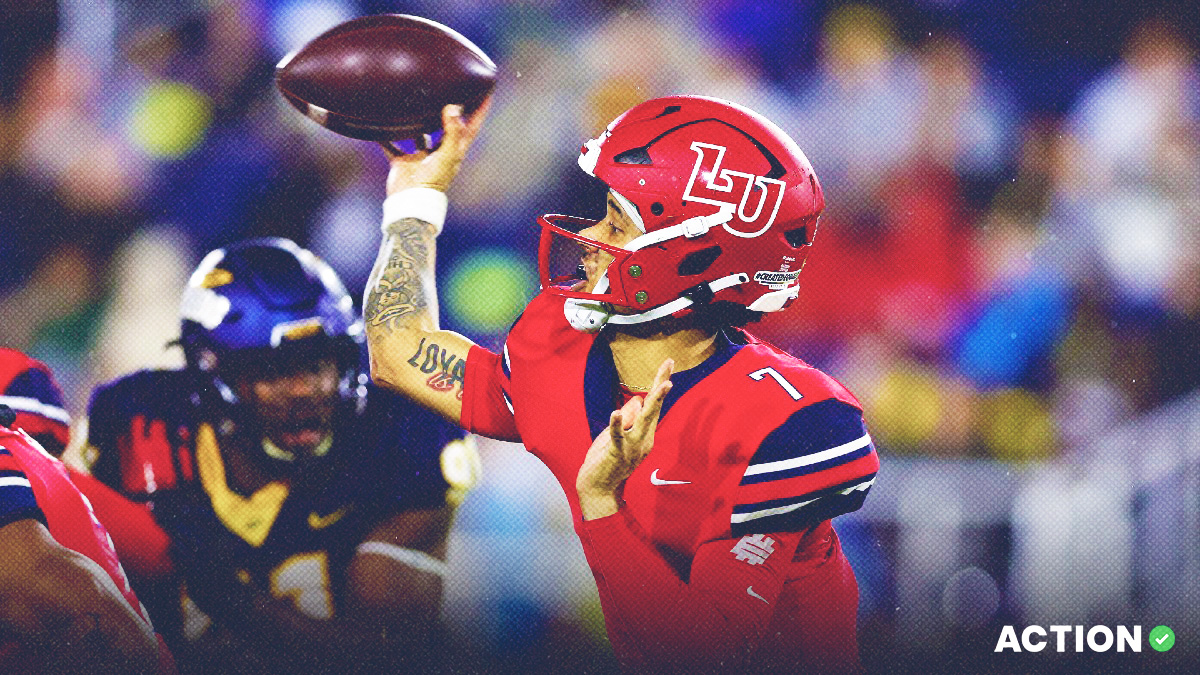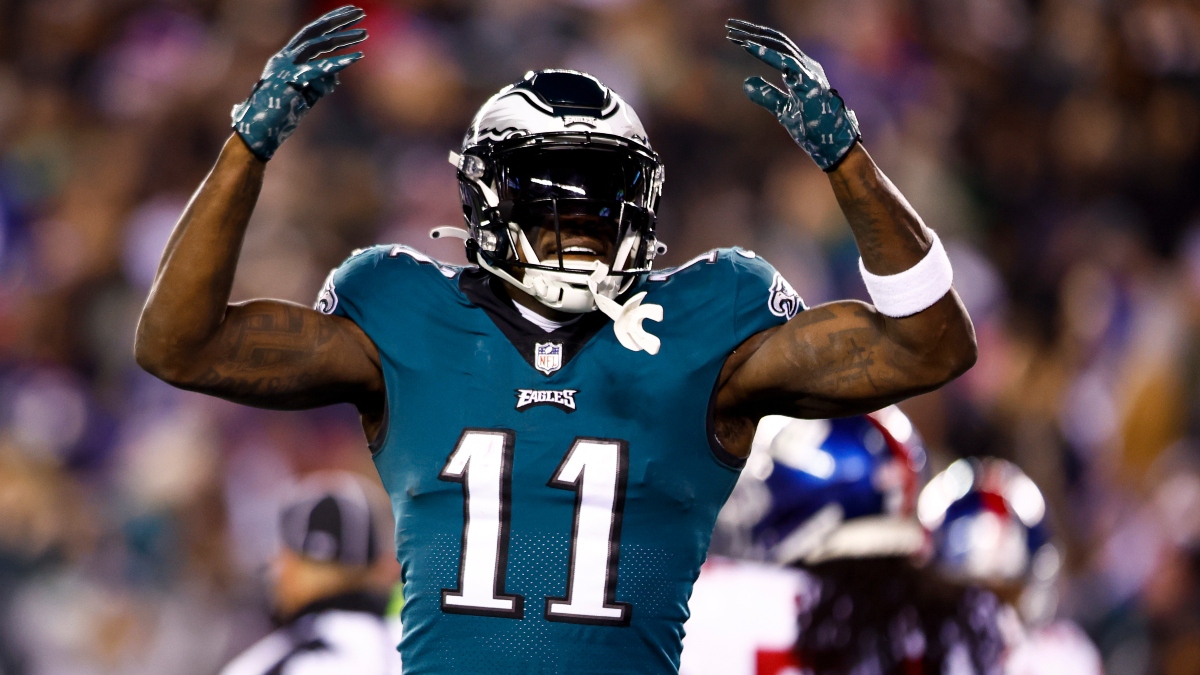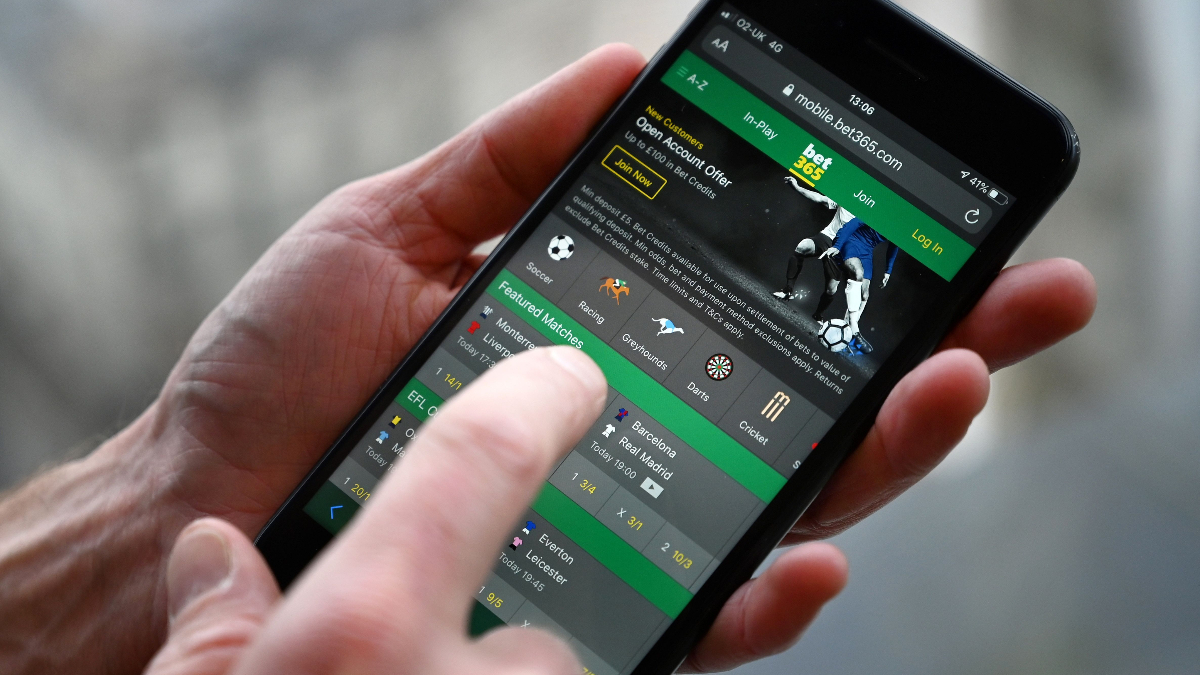The sports gambling world is filled with many different types of bettors. But no matter who you are, you'll likely fall into one of two categories: "square" or "sharp."
Let's define both below.
What Makes a Square Bettor?
Square bettors — often referred to as "squares," "Average Joes," "recreational bettors" or "casual bettors" — make up the overwhelming majority of the betting market. For this reason, they are considered the betting public.
Average Joes typically bet for fun and consider gambling as a form of entertainment, not a full-time job. They typically bet small amounts and do so largely based on gut instinct, bias and emotion, focusing almost exclusively on big televised games.
When recreational bettors look to bet a game, they want to back the "better" team. For this reason, they almost always gravitate toward favorites, home teams, their favorite teams and teams with better records and more star players than their opponent.
Casual bettors also tend to favor overs, instead of unders. Why? Because it's not fun to root for boring, low-scoring games.
When an Average Joe "gets down" on an over/under (also known as a total), he or she wants to watch a back-and-forth, high-scoring, action-packed game and cash a bet (or ticket) in the end.
What Makes a Sharp Bettor?
Sharp bettors — commonly known as "sharps," "pros" or "wiseguys" — are professional bettors with long track records of success. They are seasoned gambling veterans who have years (if not decades) of betting experience.
Sharps live, eat and breathe betting 24/7.
Sharps are analytical and data-driven bettors. They bet based purely on value of betting numbers, not teams. They only place a bet when they have a perceived edge, which means they've identified an advantage over the sportsbooks.
Wiseguys are fearless but disciplined. They're not afraid to bet unpopular or "gross" teams, as long as they see value. They're also not afraid to lay off or walk away if the value isn't there.
Many sharps create their own power rankings and models to come up with their own odds on a game. Once they set their own numbers, they'll compare their internal data to the odds posted by sportsbooks. If they see a large discrepancy or a "soft line," they pounce.
Unlike square bettors, pros bet large amounts on games. They also have the respect of the sportsbooks. When pros get down on a game, they force oddsmakers to move the lines in their direction.
Wiseguys judge themselves not only by wins and losses, but by how often they beat the closing line. They know that picking the right side is only half the battle.
Sharp betting is also about getting the best number. Unlike square bettors, who typically bet through only one sportsbook, sharps have access to multiple sportsbooks so they can "shop for the best line."
Sports betting is hard. If it was easy, everyone would quit their jobs, bet on sports and become millionaires.
Having realistic expectations is key to being a successful, long-term bettor. In order to break even, bettors need to win 52.38% of their bets (assuming standard -110 juice). Anything above that means you're turning a profit.
Everyone starts off as a square bettor. The goal is to get 0.01% sharper each day. At The Action Network, we give you the tools to do just that.


